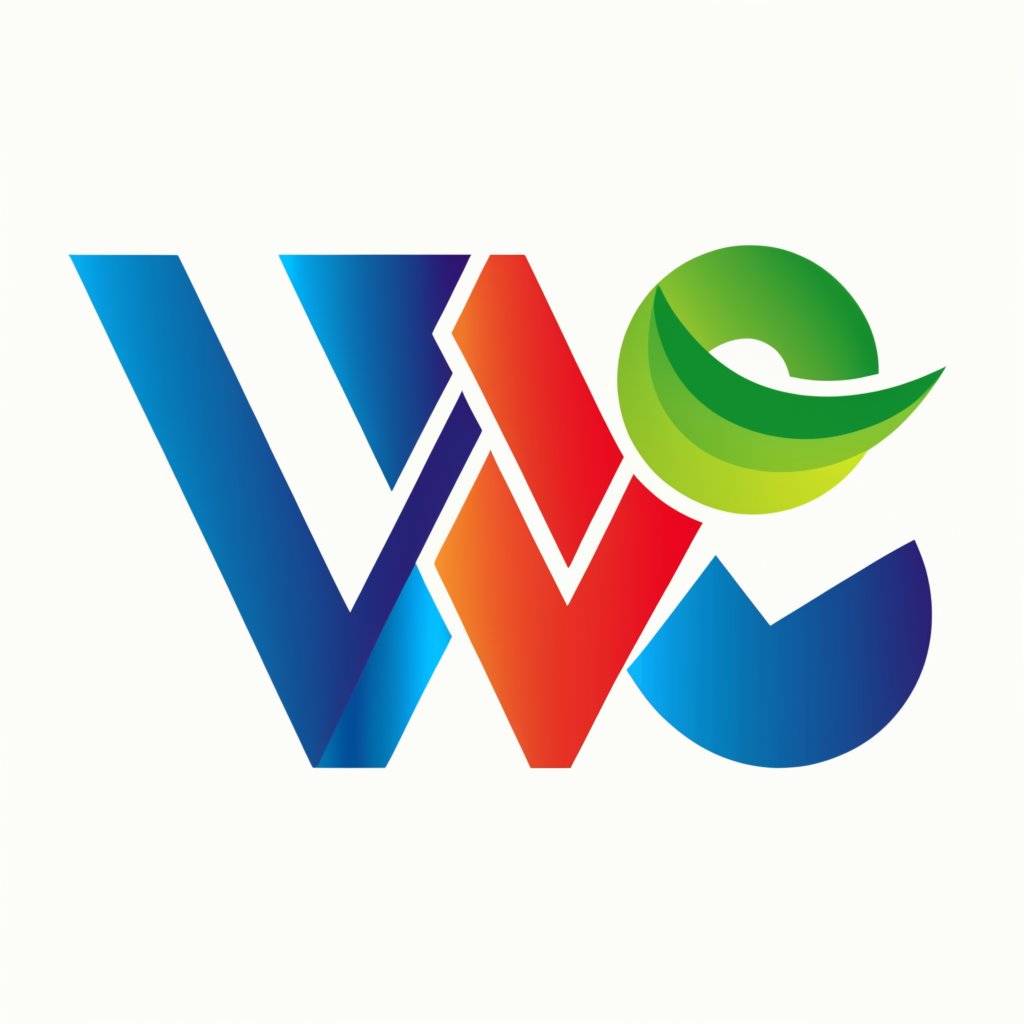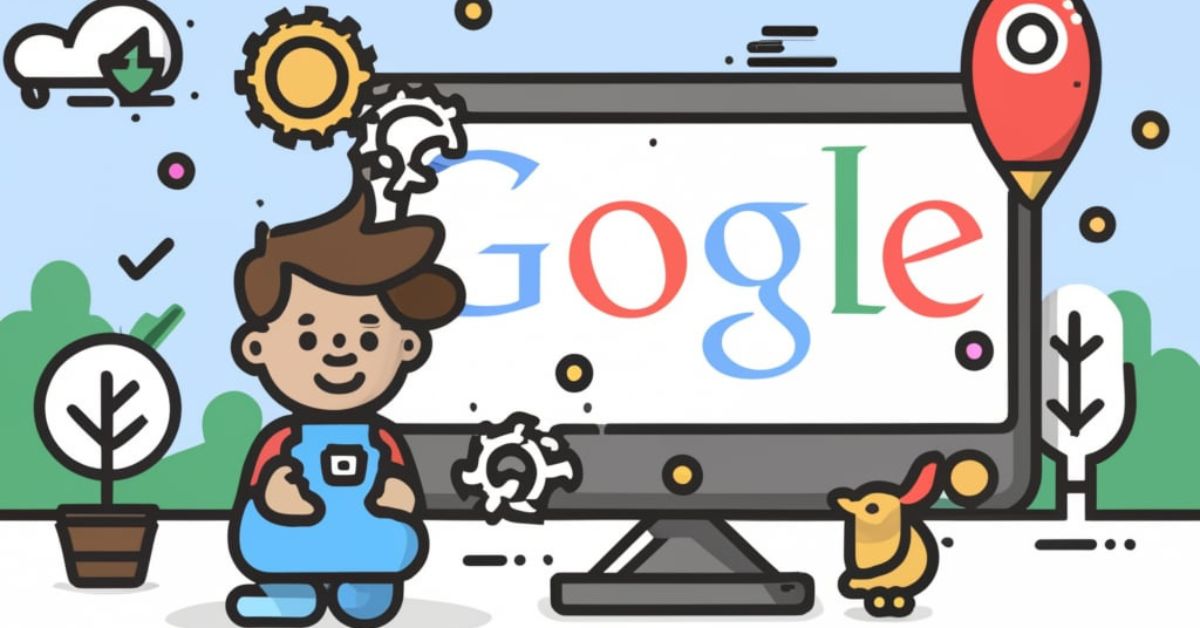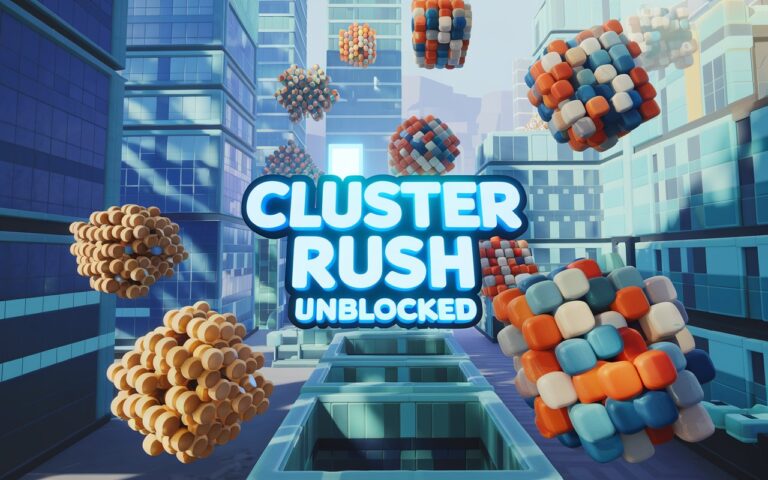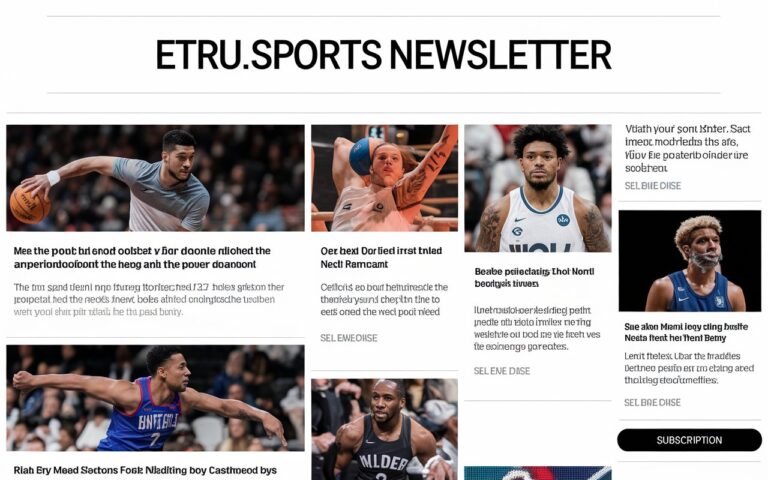how to get on first page of google search david aziz
Achieving the coveted spot on the first page of Google’s search results is the dream of every business, website owner, and content creator. It’s where visibility soars, clicks multiply, and conversions increase. David Aziz, a digital marketing expert, has helped many websites achieve this feat. His methods combine creativity, strategy, and a deep understanding of Google’s algorithms. But how exactly can you follow his path and rank high on Google?
This guide will break down David Aziz’s top tips for getting on the first page of Google search, specifically optimized for the keyword “how to get on first page of Google search David Aziz.” Along the way, we’ll explore related terms and provide insights that go beyond conventional wisdom. Whether you’re an entrepreneur, a small business owner, or a blogger, this article will help you take your SEO game to the next level.
Master Keyword Research: The Core of SEO Success
The first step in David Aziz’s strategy is understanding the importance of keyword research. To get on the first page of Google, you need to target the right keywords—those your audience is actively searching for. This involves:
Identifying high-intent keywords:
These are the search terms that indicate someone is ready to take action. For example, instead of “dog training tips,” a high-intent keyword might be “best dog training course near me.”
Long-tail keywords:
These are more specific phrases with lower competition. Although they may get fewer searches, they are often easier to rank for. An example is “how to get on first page of Google search David Aziz,” which is more specific than “SEO tips.”
Use tools:
David Aziz suggests tools like Google Keyword Planner, Ubersuggest, or Ahrefs to identify the most relevant keywords for your niche.
Create High-Quality, User-Centered Content
Once you’ve identified your keywords, the next step is creating content that is both high-quality and user-centered. Google prioritizes content that provides value to its users. Here’s what David Aziz recommends:
- Solve a problem: Your content should address specific issues or needs that your audience has. This makes it valuable and worth reading.
- Be comprehensive: Cover your topic in depth. Google likes long-form content that explores a subject thoroughly.
- Easy to read: Use short paragraphs, simple language, and clear headings to make your content accessible to a wide audience. Google’s algorithm can detect user engagement signals, like how long people stay on your page. Keep readers engaged!
- Irresistible content: Craft content that sparks curiosity and grabs attention. People should not just visit your page but stay, explore, and share your content.
Optimize for Search Engines with On-Page SEO
On-page SEO is crucial for getting your content noticed by Google. This is the technical aspect of SEO where you optimize your page for search engines. Here’s how David Aziz does it:
- Use your main keyword naturally: Ensure your primary keyword, like “how to get on first page of Google search David Aziz,” is used naturally throughout your content, in the title, first paragraph, subheadings, and conclusion.
- Include related terms: Incorporate variations of your keyword and other relevant phrases to help Google understand the context of your content.
- Use descriptive meta tags: Write compelling meta titles and descriptions that encourage people to click on your result when it appears in search.
- Optimize images: Add descriptive alt text to images, making them easier to index by Google while enhancing accessibility for users.
Ensure Mobile-Friendliness
With the majority of searches happening on mobile devices, mobile optimization is no longer optional—it’s a must. Google uses mobile-first indexing, which means it primarily uses the mobile version of your website for ranking and indexing. David Aziz recommends:
- Responsive design: Make sure your website adjusts seamlessly to different screen sizes.
- Fast loading times: Use tools like Google PageSpeed Insights to check and improve your site’s loading speed on mobile devices.
- Avoid intrusive pop-ups: Mobile users should be able to navigate your site easily without being bombarded by pop-ups, which can hurt your rankings.
Leverage Backlinks for Authority
One of the most critical ranking factors is backlinks, which are links from other websites to your own. Google views these as votes of confidence. The more high-quality sites link to yours, the more authority your site gains. David Aziz focuses on:
- Quality over quantity: A few backlinks from reputable, high-traffic websites are more valuable than many links from low-quality sites.
- Guest posting: Writing articles for other reputable websites in your industry is a great way to earn backlinks.
- Content worth linking to: Create valuable resources, infographics, or guides that other websites will want to link to.
Optimize for User Experience (UX)
Google cares deeply about how users interact with your website. Poor user experience can lead to high bounce rates, which hurts your rankings. David Aziz recommends:
- Easy navigation: Make sure users can easily find what they’re looking for on your site. Use a clear structure with intuitive menus and internal links.
- Page load speed: A fast-loading site improves user experience. Compress images, use browser caching, and minimize code to speed things up.
- Interactive elements: Engaging users with interactive content like quizzes, videos, and comment sections can keep them on your page longer.
Utilize Local SEO
If you run a business that targets local customers, local SEO is essential. Local SEO helps you rank in searches like “near me” or searches that include a city or region. David Aziz’s tips for local SEO include:
- Create a Google My Business profile: This helps you appear in local search results and Google Maps.
- Include location-based keywords: Use keywords related to your city or region in your content, metadata, and URLs.
- Get local backlinks: Try to get links from local directories, news sites, or community organizations.
Track and Analyze Your Results
Finally, consistently track and analyze your performance using tools like Google Analytics or Search Console. David Aziz emphasizes the importance of:
- Monitoring traffic: Keep an eye on how your traffic changes over time and which pages are performing best.
- Analyzing bounce rate: A high bounce rate may indicate that your content isn’t engaging or that your site has user experience issues.
- Adjusting your strategy: SEO is not a one-time effort. Continuously refine your content, keywords, and overall strategy based on what the data tells you.
Consistency is Key
David Aziz stresses the importance of consistency in your efforts. SEO is a long-term game. You won’t get to the first page overnight, but with consistent work, updates, and a focus on quality, you can achieve lasting success.
Stay Updated with Google’s Algorithm Changes
Google’s algorithm is constantly evolving, and what works today may not work tomorrow. Stay informed about the latest updates and SEO trends. David Aziz recommends following SEO blogs and forums, and adjusting your strategy to remain compliant with Google’s best practices.
Frequently Asked Questions (FAQs)
1. How long does it take to get on the first page of Google search?
It can take anywhere from a few months to a year, depending on competition, keyword difficulty, and your SEO efforts.
2. What are long-tail keywords?
Long-tail keywords are specific phrases with lower competition but high intent. They are often easier to rank for.
3. Is content length important for SEO?
Yes, longer content that thoroughly covers a topic tends to perform better, as it provides more value to readers.
4. Do I need to use exact match keywords?
While exact match keywords help, Google’s algorithm is sophisticated enough to understand context, so related terms are also important.
5. How important are backlinks for SEO?
Backlinks are crucial for SEO as they build your site’s authority. High-quality backlinks can significantly improve your ranking.
6. How does mobile optimization affect my ranking?
Google prioritizes mobile-first indexing, so if your site isn’t mobile-friendly, your rankings may suffer.
7. What is on-page SEO?
On-page SEO refers to optimizing elements within your website, such as content, HTML tags, and images, to improve your search engine rankings.
8. How can I improve my page load speed?
You can improve your page load speed by compressing images, reducing redirects, and minimizing CSS and JavaScript files.
9. Does updating old content help with SEO?
Yes, updating old content can give your pages a fresh boost in search engine rankings.
10. What is the Google My Business profile?
Google My Business is a free tool that helps businesses manage their online presence on Google, particularly in local search results.
Conclusion
By following David Aziz’s actionable SEO strategies, you can optimize your website to rank on the first page of Google, ensuring higher visibility and increased traffic. Whether you’re just starting out or looking to refine your existing approach, these insights will help you succeed in today’s competitive digital landscape.







